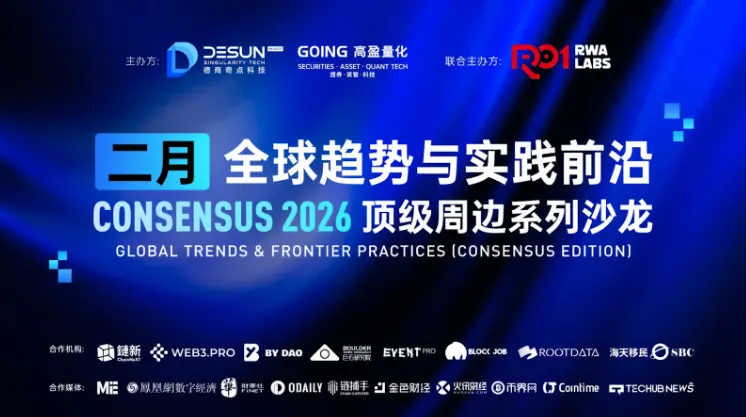a16z Partner: 11 Tips for First-Time Web3 Entrepreneurs
Author: Guy Wuollet, a16z Crypto
Compiled by: angelilu, Foresight News
a16z's Web3 startup accelerator program "Crypto Startup School" will begin on March 6, 2023, and will last for 12 weeks. a16z Crypto launched CSS in February 2020, aiming to help founders start building new Web3 projects. It has helped applications like Phantom and Goldfinch raise over $300 million and create products that users love.
As the new round of the accelerator approaches, Guy Wuollet, investment and research partner at a16z crypto (@guywuolletjr), shared 11 tips for first-time founders. Here is the full text:
I participated in a16z's accelerator program Crypto Startup School (CSS) in 2020. Although my project failed at that time, yours doesn't have to. I have gathered some simple fundraising tips and tricks for entrepreneurs participating in the 2023 CSS program for the first time, including the following points:
Narrative Style
Generally, people can easily get distracted during online meetings via tools like Zoom. A good narrative style can make your presentation/conversation engaging and interesting without losing sincerity.
Highlight the Team
Emphasize what makes you (the founding team) special in your slides. At early stages, investors are almost entirely investing in you as a person; your idea is just a channel through which they assess your capabilities as a founder.
Stay Confident
Many first-time entrepreneurs experience "self-consciousness" (i.e., an exaggerated awareness of oneself, overly concerned about how they appear to others, leading to discomfort, awkwardness, embarrassment, shyness, etc.). Don't worry about wasting others' time. If you are an outstanding founder, spending time with you is a gift, not a burden.
Don’t Worry Too Much About Fundraising Success or Failure
When you decide to raise funds, many people may reject you, but you should know that many of these rejections may have nothing to do with you. Look at it this way: even the outcomes of judicial rulings can vary due to external factors like a judge's blood sugar.
Start with Angel Investors
Begin conversations with developers and angel investors from similar projects whom you respect. These individuals often intuitively understand your product, connect you with good investors, and provide reliable advice. Remember, you are not wasting their time; you are giving them a gift.
Never Lie
There is a difference between kindly explaining reality and outright lying. When people lie, it feels like struggling; if you lie, investors will avoid working with you. Thus, lying is ironically counterproductive and only makes things harder.
Persevere
As long as you adhere to the two points mentioned above, do not take fundraising success or failure to heart, and maintain confidence, perseverance will become much easier.
Take Your Time
Many first-time founders seem to feel pressured to accept the first offer they receive. However, when venture capital firms make offers, they often create artificial pressure to encourage you to make hasty decisions, claiming that the offer will not be withdrawn or "overturned."
Find a Good Lawyer
Seek out excellent lawyers to help you with legal issues (to avoid pitfalls). Note that the most expensive lawyer is not necessarily the best.
Conduct Due Diligence on Investors
Investors will investigate you, and you should investigate them. Besides obtaining references from investors, you should find ways to gather more information from other sources, such as talking to founders who have successfully and unsuccessfully collaborated with the investors to understand the real situation.
Be Bold in Negotiating for More Rights (Within Reason)
Investors will not lose respect for you or withdraw offers because of your negotiations. If you are a strong, assertive, yet respectful negotiator, investors will be impressed and often willing to make concessions in certain areas.


























